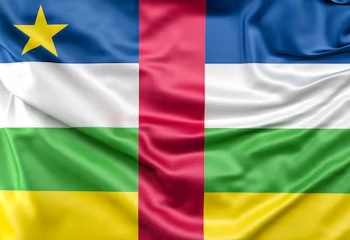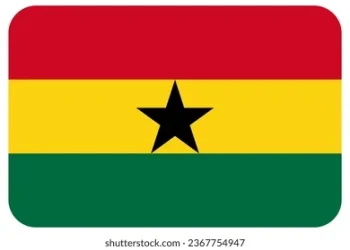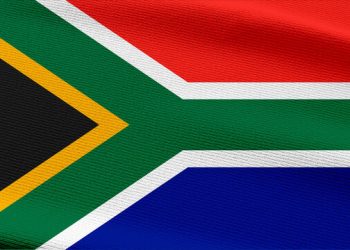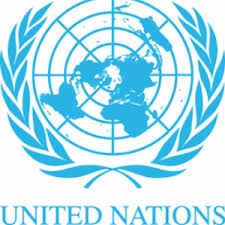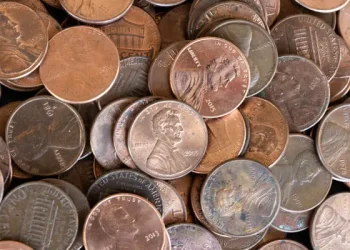Doha, Qatar — The Democratic Republic of Congo and the Rwanda-backed M23 rebel group have signed a framework agreement in Doha, the latest step in US- and Qatar-led efforts to halt a conflict that has killed thousands and displaced hundreds of thousands in eastern Congo this year.
Representatives of both sides inked the deal at a ceremony in the Qatari capital on Saturday. Qatar’s Minister of State for Foreign Affairs, Mohammed bin Abdulaziz Al-Khulaifi, said the accord “sets the parties on the path towards peace.”
“Peace cannot be enforced by force, but is built through confidence, mutual respect and sincere commitment,” he told delegates.
US officials said the Doha framework is structured around eight protocols addressing core issues such as security, governance and humanitarian access. Detailed negotiations on how to implement six of those protocols are still under way, underscoring how far the process remains from a final peace deal.
Qatar has hosted multiple rounds of direct talks between Kinshasa and M23 since April, initially focused on confidence-building measures. In July, the parties agreed a declaration of principles setting out broad commitments to end fighting and restore state authority in rebel-held cities. In October, they reached a separate deal to create an oversight body to monitor any eventual ceasefire.
The Doha track is nested within a wider diplomatic push led from Washington. The Trump administration has steered mediation between Congo and Rwanda, which is accused by the UN and Western governments of backing M23, culminating in a June 27 peace agreement in Washington, D.C. that commits both states to halt support for armed groups and withdraw Rwandan troops from eastern Congo.
Yet on the ground, violence continues unabated. On Friday, local officials reported that Islamic State-allied militants from the Allied Democratic Forces (ADF) killed as many as 28 people in North Kivu province, highlighting how other armed groups remain active despite the Doha and Washington tracks.
M23 itself has never been stronger militarily. In January, its fighters seized Goma, eastern Congo’s largest city, and later pushed across large swathes of North and South Kivu, in the group’s biggest advance since its short-lived occupation of Goma in 2012. UN officials say around 7 million people are now displaced across Congo, many of them fleeing M23’s offensive.
Both Congolese and rebel negotiators cautioned that Saturday’s framework will not bring immediate changes on the battlefield. M23’s chief delegate Benjamin Mbonimpa said no concrete moves would occur until each protocol is debated and a comprehensive final peace agreement is signed. US envoy Massad Boulos called the deal “a historic start,” but warned that implementing prisoner exchanges, ceasefire monitoring and rebel withdrawal would be a painstaking process rather than “a light switch that you just switch on and off.”
For now, the Doha framework offers a roadmap, not a ceasefire. Whether it can translate into real security for civilians will depend on decisions taken far from the hotel halls of Qatar — in the forests, hills and crowded camps of eastern Congo, where the war is still being fought.



